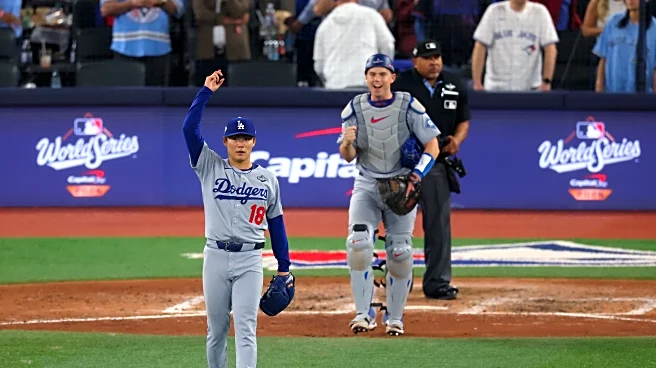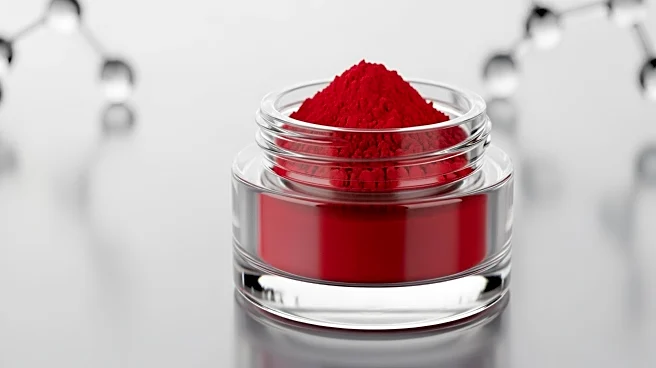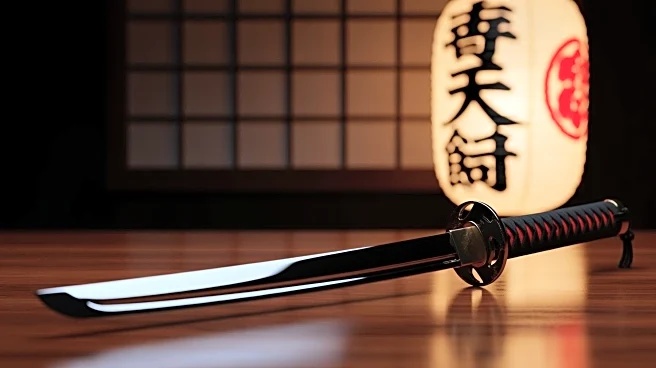After the Blue Jays rattled off on a run parade against the Dodgers bullpen in Game 1, it was up to Yoshinobu Yamamoto to stay in the game as long as possible to limit exposure of the soft underbelly of his team. He answered the bell, becoming the first pitcher since Orel Hershiser in 1988 to throw back-to-back complete games in the postseason. He retired the final 20 batters he faced, giving up just one run on four hits while striking out eight to put himself into the Dodgers postseason history
books and level the series at a game apiece.
World Series Game 2
Los Angeles Dodgers 5, Toronto Blue Jays 1
(Series tied, 1-1)
Tonight was a battle of the split-finger fastballs, Kevin Gausman and Yoshinobu Yamamoto deploying the splitter with the highest and third-highest usage rates among qualified starters in the regular season, respectively. Interestingly, Gausman leaned on his fastball early, perhaps trying to catch by surprise a Dodgers lineup that appeared to be hunting the soft stuff from the first pitch. Yamamoto meanwhile threw a good deal more splitters than usual and shied away from the fastball facing this contact-oriented Blue Jays lineup. Perhaps this was an in-game adjustment — because of Toronto’s ability to all but eliminate the chase and swing and miss from their game this postseason, Yamamoto had to rely on mixing up timing in the zone to mitigate damage when the Blue Jays hitters made contact.
Gausman has been nails all postseason and that didn’t change tonight. After getting a quick pair of outs to open the first, he encountered the lone patch of resistance of his entire start. Freddie Freeman reached on a two-out double and score the game’s opening run on a Will Smith single up the middle.
From that point forward, Gausman was untouchable. He retired 16 in a row following the Smith single, the Dodgers consistently late against the heater. This allowed him to turn in some seriously pitch efficient frames, requiring just seven pitches to navigate the third and six pitches to retire the side in order in each of the fourth and sixth.
With Gausman shoving, Yamamoto had to be on his A-game as well. Because of the Blue Jays’ knack for fouling pitches off and taking close pitches just outside of the zone, Yamamoto labored a bit through the first three innings. It looked like Toronto had an instant reply to the Dodgers taking the lead in the top of the first, George Springer leading off with a double followed by a Nathan Lukes single to put runners on the corners with no outs. However, Yamamoto struck out Vladimir Guerrero Jr. and Daulton Varsho sandwiched around an Alejandro Kirk line out to end the threat.
He wouldn’t be as lucky in the third, Springer again reaching as the leadoff man, though this time on a pitch that grazed his forearm. Vlad drove him to third on a long, loud single off the wall in left, and Kirk drove him home as the tying run with a sac fly to center. However, Yamamoto found his groove from there not allowing another base runner after Vlad’s single. The more he leaned into his deep, six-pitch arsenal, the quicker the outs came, Yamamoto requiring just 14 pitches to make it through the fourth and fifth innings combined.
Gausman had never pitched into the seventh inning in 12 career playoff appearances, his three starts this postseason all lasting 5.2 innings as Gausman gave up two or fewer runs in each. However, with his pitch count at just 65 though six, it was a no-brainer to send him back out for the seventh. It’s amazing the way these things tend to play out in baseball, because he looked like a completely different pitcher now that he was in uncharted territory. Maybe the Dodgers hitters were finally timing up his heater after seeing one too many fastballs or maybe it was the fact that a pitch that was sitting 96 the first time through was now hovering around 93-94, because the Dodgers were no longer late against the pitch. Will Smith worked the count full before spinning on on inside four-seamer and sending it into the second deck in left to reclaim the lead. Two batters later, Max Muncy extended his lead atop the Dodgers’ all-time postseason home run leaderboard by staying through an outside 2-2 four-seamer, lining it just over the wall to the opposite field to double the Dodgers’ lead, 3-1.
In Game 1, it was the Blue Jays’ bullpen that was a strength and the Dodgers’ bullpen that was a liability. That script flipped tonight, Louis Varland giving up back-to-back one-out singles to Andy Pages and Shohei Ohtani in the seventh. A Mookie Betts walk loaded the bases and knocked Varland from the game, forcing John Schneider to call on Jeff Hoffman. His first offering was a wild pitch, allowing Pages to score the Dodgers’ fourth run and moving the remaining two base runners into scoring position. This prompted the Blue Jays to intentionally walk Freeman to re-load the bases, and a soft Smith ground ball and ill-advised attempt to turn two by Andrés Giménez resulted in Ohtani scoring LA’s fifth run.
The extra cushion of run support seemed to light a second fire under Yamamoto, because he struck out the side in the eighth. With his pitch count at 93 and his effectiveness growing with each frame, Yamamoto was given the chance to finish back-to-back complete games in the postseason. He got Vlad to ground out, Kirk to line out, and Varsho to pop out to put a bow on one of the masterful World Series pitching performances in recent memory.
The series take a night off as both teams fly to Los Angeles for the next three games. Tyler Glasnow is set to face off against Max Scherzer in Game 3, with first pitch at 8:00 pm EDT on Sunday.
















